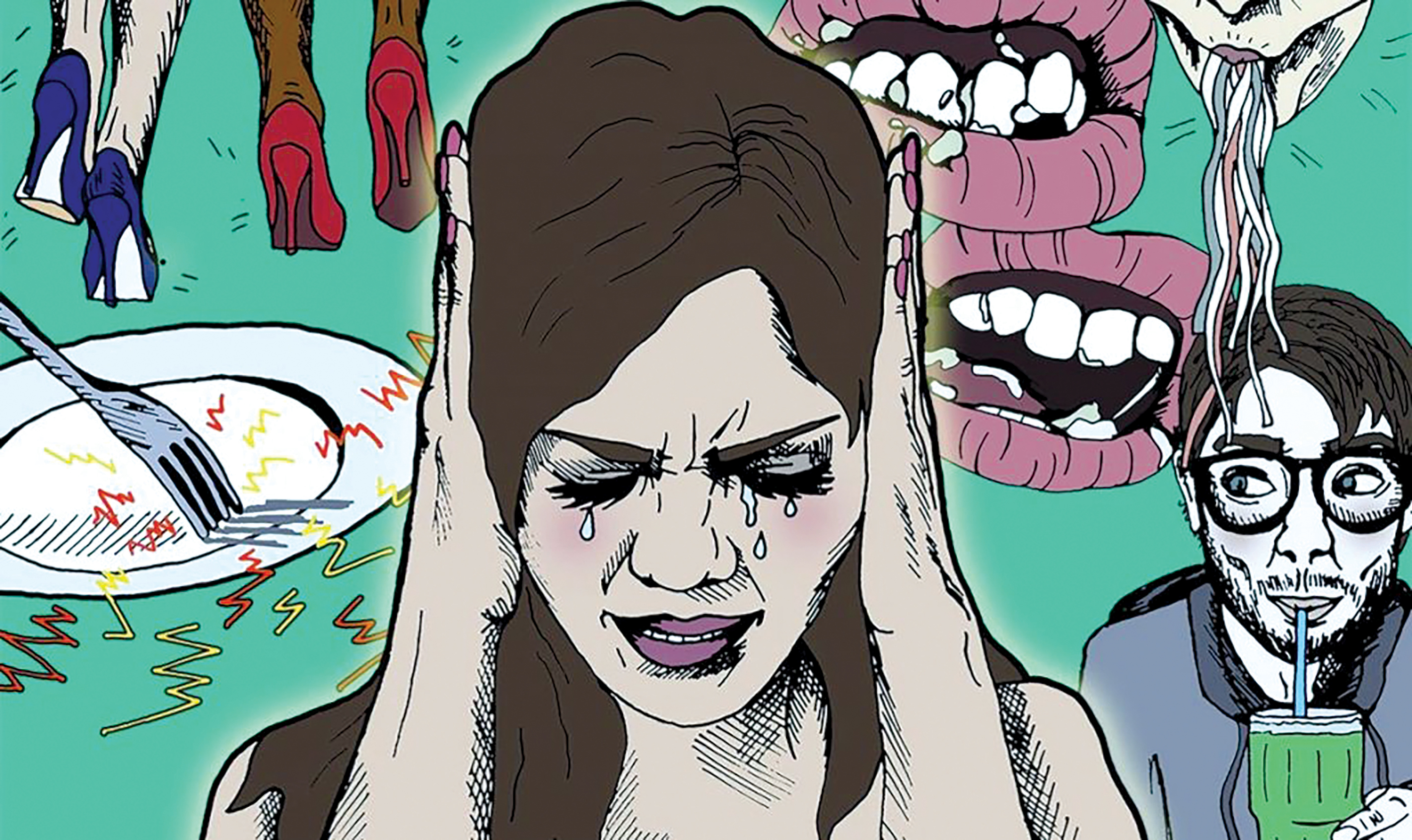
When working in the office, do you get distracted by the noise around you? Is the sound of your colleague typing hard on the keyboard disturbing? Do sounds other people don’t even notice drive you up a wall? Are you affected so much that you are close to tears or become immensely agitated? You might be suffering from a disorder called Misophonia.
When we hear the word disorder we think of depression, social anxiety and many such known conditions but there are other mental disorders that are not so well known. Often, people who are afflicted by it are also unaware of it. The term Misophonia was first coined by American scientists Pawel and Margaret Jastreboff in 2001.
It is a disorder in which certain sounds trigger emotional or physiological responses that others might perceive as unreasonable in a given circumstance. In such a situation, people tend to possess abnormally strong and negative reactions to ordinary sounds of eating, chewing, gulping, yawning, nails on a chalkboard or even breathing. It is a lifelong disorder and medication cannot really treat it.
Sufferers often feel embarrassed and don’t mention it to health professionals – who, in turn, may not have heard of it anyway. Nonetheless, it is a real disorder that gravely compromises one’s functioning, socialising and ultimately, mental health. A survey of around 200 sufferers showed that the average age at which they first become aware of the condition is 12, says Dr Sukhbinder Kumar, the lead researcher from the Institute of Neuroscience at Newcastle University.
Reactions: ‘Fight’ or ‘flight’?
As stated by Newton, for every action, there is an equal and opposite reaction. In the same way, Misophonics are also compelled to react to certain sounds, which can be either in the form of fight or flight. It means a Misophonic will either try to ignore such a situation or completely lose his/her temper.
In case of a flight response, it can lead to a situation of social alienation. On the other hand, a fight response could mean causing violence to the person making the sound. For example, the brain plays scenarios where they are slapping the food out of the ‘offender’s’ hand or punching them in the face. These people are aware that the problem lies with the disorder hence they don’t actually want to cause anyone physical harm. At the same time, most of the people with this problem don’t even know that theirs is a known malady.
Can Misophonia be treated?
Misophonia cannot be completely cured but several treatments are effective in mitigating the condition. These are:
People suffering from this disorder fight an internal battle every single day so if you are a sufferer, don’t worry, you are not crazy! Society should understand that Misophonia is real and can affect some people deeply.
The fair at Gandhi Darshan brings together emerging and senior artists, showcasing over 200 artworks…
State Names Authority approves renaming of two metro stations and modifies seven others, aligning station…
Over 200 artisans showcase traditional crafts at Jawaharlal Nehru Stadium, including Narmada pebble art and…
According to the police, Army Public School in Dhaula Kuan and Air Force Bal Bharti…
Delhi's air quality remained poor, with the average Air Quality Index (AQI) settling at 207,…
According to students, the alleged incident took place at around 1.30 am on Monday, where…